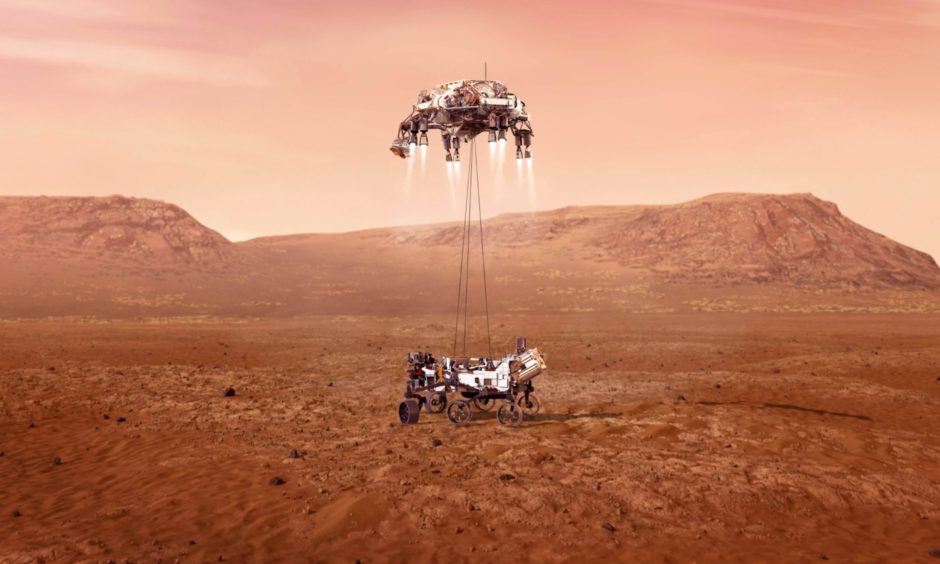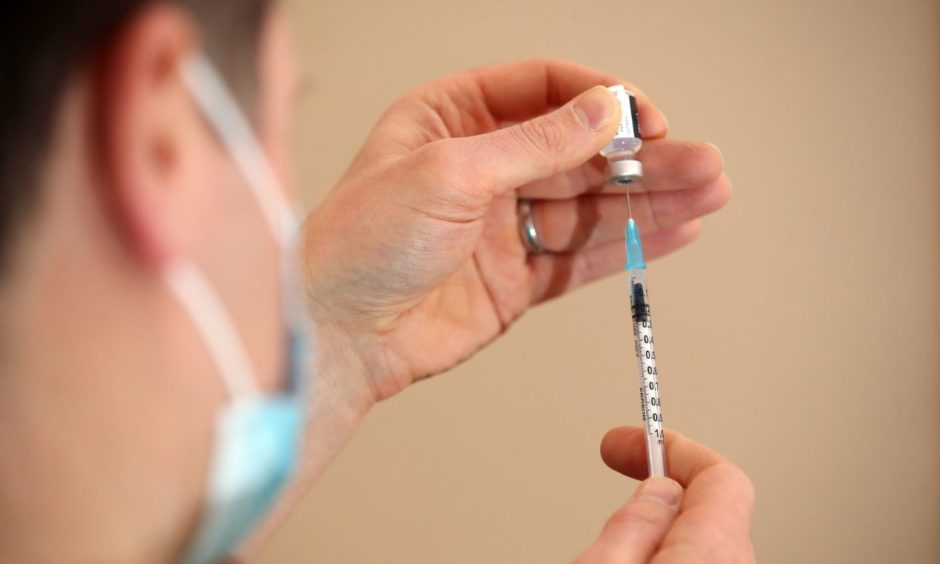It’s always good to know that people are thinking ahead, isn’t it?
Planning for the future so you might just not be caught out quite so badly by future events, from global pandemics to cutting off access to your main and closest trading partners, as well as your nose to spite your face.
So you can imagine my delight when I learned that a far-sighted bunch of fellow lushes – er, serious scientists – have seen fit to turn their gaze onto the lifestyle to come. The result being that, about a year or so ago, when the rest of us were still blindsided by Covid and unable to see an inch in front of our noses, let alone travel there, they sent a crate of wine into space.
The final Frontenac, obviously, or maybe ground control to major Tokaji…
Now, speaking as someone who barely gets the stuff into the house before it evaporates down my throat (it’s dangerously volatile, you know), I thought that this showed great forbearance, as well as foresight.
After all, if there is life on Mars, you could do a lot worse than to let any other inhabitants of the universe realise that we come in peace, bearing suitable vinous gifts. It’s not called the Red Planet for nothing, obviously…
None of your cheapskate rubbish either, oh no. Chateau Petrus Pomerol, no less, which apparently comes in at over four grand a bottle. A BOTTLE. Keep raising their little green expectations like that and ET will be phoning home to order by the case.
Also in the consignment dropped off to the International Space Station were snippings of merlot and cabernet sauvignon grapevines.
Putting the red into Red Dwarf was intended, it would seem, to work on making plants more resilient to climate change, exposing them to new stresses to gain a better understanding of ageing fermentation and the nature of bubbles.
It’ll take a while for them to produce anything drinkable obviously, but in the meantime, a panel of a dozen connoisseurs, in a blind tasting, reckoned that the space oddities had aged a little more than the stuff left on earth.
Specific gravity? I blame the dilithium crystals, myself.
There’s only one answer. Beaume me up, Scotty.
Back down to Earth where greed is not so good
Others with more financial and business acumen than I, will no doubt be discussing, long into the aforementioned future, the truth of Boris Johnson’s jolly assertion in a not-very-private call to the 1922 Committee of Conservative backbenchers, that the success of the continuing vaccination programme against Covid-19 is due to the effects of greed and capitalism.
No doubt, if he continues to sport the red braces of 80’s movie icon Gordon “greed is good” Gecko under his unpressed suit, Mr Johnson will soon find himself in direct conflict with his chancellor as he asserts that “lunch is for wimps” while Mr Sunak plaintively restates his mantra of Eat Out to Help Out.
You pays your ill-gotten money and you takes your choice, of course but then again, if one looked to government for logic and consistency, one could very easily, to put it technically, do one’s head in. So enough of that.
It all reminds me of the loud and proud claims of those who purport to be “self-made men”. OK, you need someone to come up with the original idea and have the drive to push it forward. No-one’s denying that or that they should be suitably rewarded for their efforts and originality.
But what about everyone else along the way? Those who support it financially or otherwise? Those who work on the plan? Those who actually use their hands, brains and skills to make the creatively invented widget/app or whatever? And, in the end, those who buy it and use it?
No man is an island, especially a self-made one who says he did it all by his little self.
I would surmise that much of the research underpinning the speedy and safe development of this vaccine (and many other vital health products) has been underpinned by a fair old wodge of public money.
And in this country, the distribution and application of the vaccine has been carried out with great success and rightful acclaim via the public sector workers of the National Health Service and a public health infrastructure which is still largely state-supported.
Not to mention the invaluable yet still under-valued contribution and personal sacrifice of the individuals involved in getting this show on the road and into our arms; people and organisations motivated by notions of caring, service and duty, not greed or personal profit, even the heady prospect of a one per cent pay rise.
Contrast with the test and trace system, which may have had public money thrown at it but which was run by personal appointees with little or (preferably, it would seem) no relevant experience. Apart from personally pocketing billions of that public money.
Greedy? Surely not.
Is it churlish to point out that it wasn’t so long ago that the state and by extension, taxpayers’ money, bailed out the banks? Then again…












